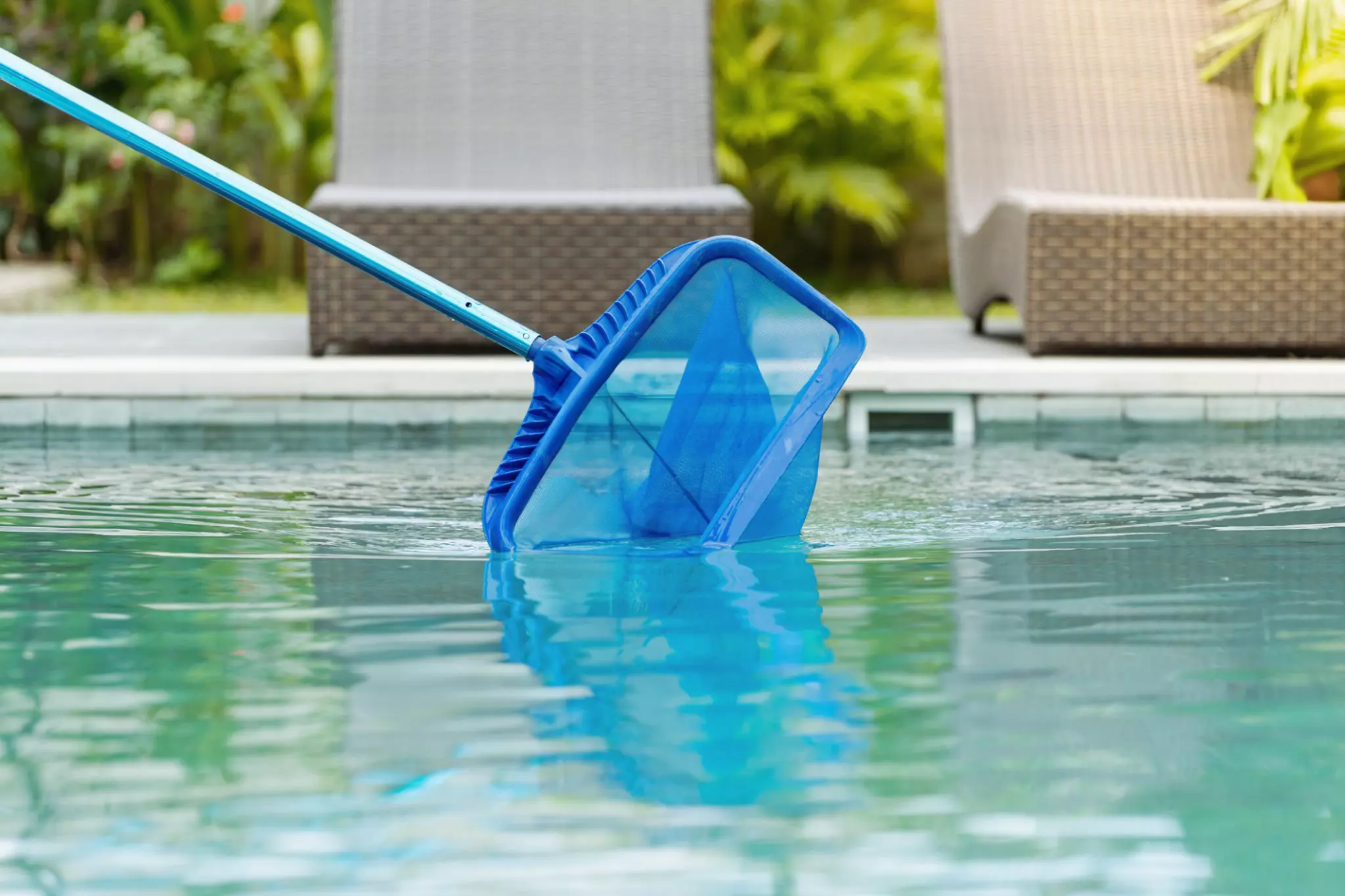As the winter season settles in, pool maintenance often feels less important. However, the winter months are a great opportunity to take care of some important maintenance that ensures your pool receives the necessary care. We call it winter maintenance and it helps to protect your pool from issues such as chlorine build-up, black spot algae growth, and equipment malfunctions.
Here’s how you can make sure your pool stays healthy during winter so you can enjoy it during the warmer months.
Test Your Chlorine Levels: When the water temperature drops, typically averaging around 16 degrees in Brisbane, the demand for chlorine to combat bacteria decreases significantly. However, this can unintentionally lead to an accumulation of chlorine in your pool. Excess chlorine levels pose a risk to pool cleaners, blankets, and heaters. To prevent any damage, it’s important to regularly test and monitor your chlorine levels. By maintaining an appropriate balance, you can protect your pool equipment while ensuring a clean and healthy swimming environment (if you’re brave enough).
Tackle Black Spot Algae: Dealing with black spot algae can be a bit of a challenge. Unlike other types of algae, black spot algae have roots that embed themselves into your pool surface. They often grow in hard-to-reach corners and crevices, making them resistant to traditional cleaning methods. However, the winter season provides an excellent opportunity to combat this algae. With chlorine remaining in the water for longer periods, you can apply it directly to the affected areas and scrub them to eliminate the algae effectively. By addressing black spot algae during winter, you can prevent its return in the summer, keeping your pool surface smooth and visually appealing.
Sustain Routine Maintenance: Regular maintenance is key to ensuring the longevity and proper functioning of your pool and its equipment. It is recommended to change the sand in your filtration system every seven to 10 years to maintain optimal filtration efficiency. Additionally, checking the pump’s mechanical seal and bearings on a regular basis helps identify any potential issues early on. The advantage of winter is that you can afford to take your pool out of action for a few days without impacting its operation. Use this downtime to perform maintenance tasks, ensuring your pool is primed for peak performance when the warmer months return.

